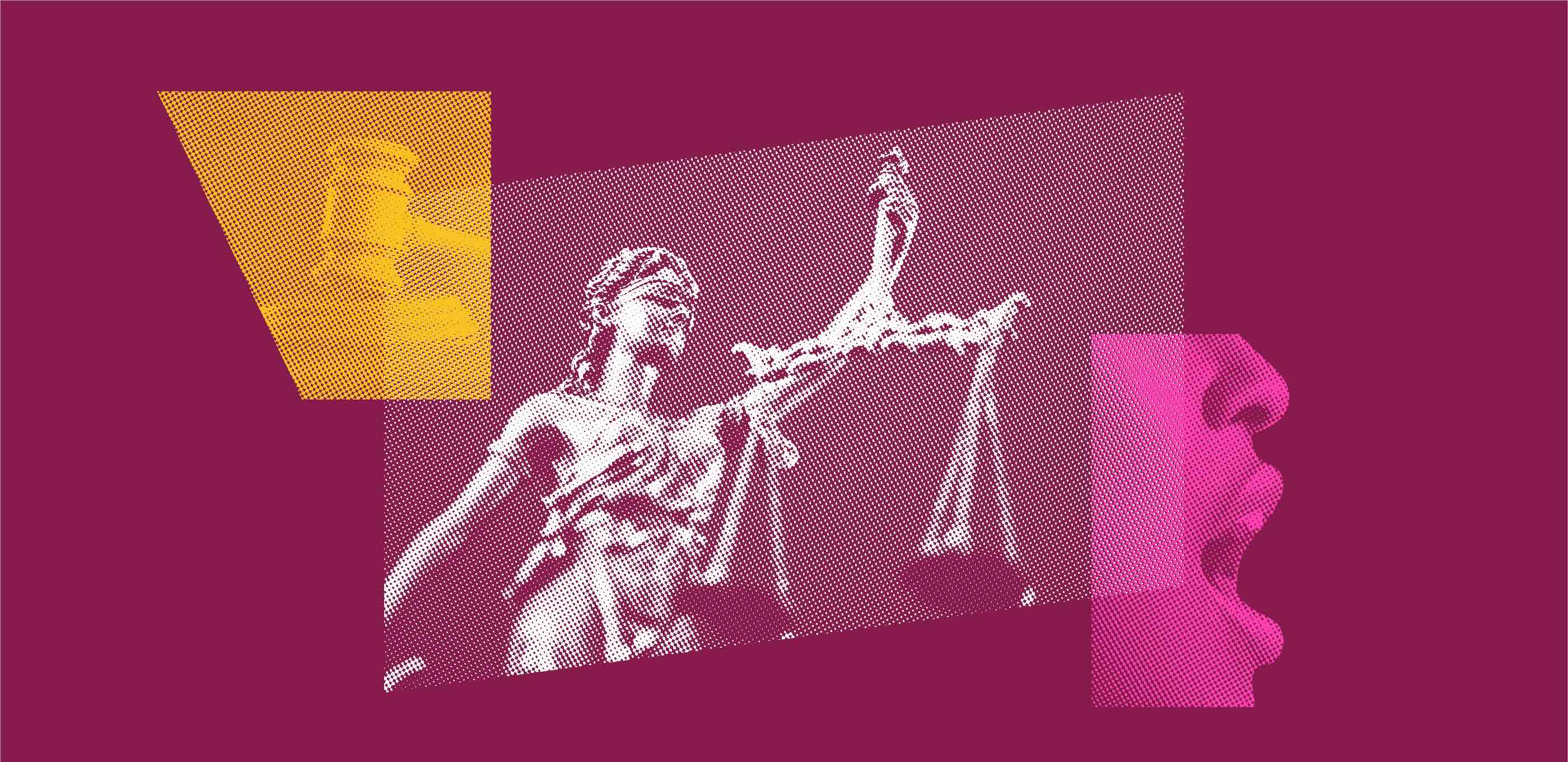
Commonwealth v. Kurtz
What's at Stake
“Reverse searches” are a novel surveillance technique where the police can obtain records reflecting everyone who used a search engine to look up a particular word or phrase. In this case, the lower court approved the police using a reverse search, ruling that people do not have a reasonable expectation of privacy for any query they enter into a search engine. The ACLU’s Speech, Privacy, and Technology Project and State Supreme Court Initiative along with the ACLU of Pennsylvania filed an amicus brief in the Pennsylvania Supreme Court urging the court to reverse the lower court’s decision and hold that search history data is protected by the state and federal Constitution.
Stay informed about our latest work in the courts.
By completing this form, I agree to receive occasional emails per the terms of the ACLU's privacy statement.
Summary
Reverse searches give the police access to search engine records which can allow them to identify anyone who queried for information—in this case, a particular address within a defined time frame. This information was used to convict John Edward Kurtz of numerous offences in 2021.
In this case, the Superior Court of Pennsylvania ruled both that an individual does not have a reasonable expectation of privacy in their private internet searches, and that the law enforcement officer can issue a search warrant to Google Inc., without first identifying a suspect.Kurtz appealed this conviction.
On behalf of librarians and librarian-led organizations, the American Civil Liberties Union and the ACLU of Pennsylvania filed an amicus brief in the Pennsylvania Supreme Court asserting that search histories must be protected under the Fourth Amendment and the Pennsylvania Constitution.
The brief argues that if the lower court ruling is upheld, police can have access to the thoughts, feelings, and ideas of anyone who happen to have searched for a term entangled in a criminal investigation. Librarians have wrestled with a similar question for patron records, and courts nationwide have struck a careful balance to ensure the reader’s privacy interests. Because internet searches reflect information evenmore sensitive than traditional library queries, search queries should be more protected than library records, not less.
Legal Documents
Press Releases
ACLU Urges Pennsylvania Supreme Court to Protect Right to Privacy in Internet Searches